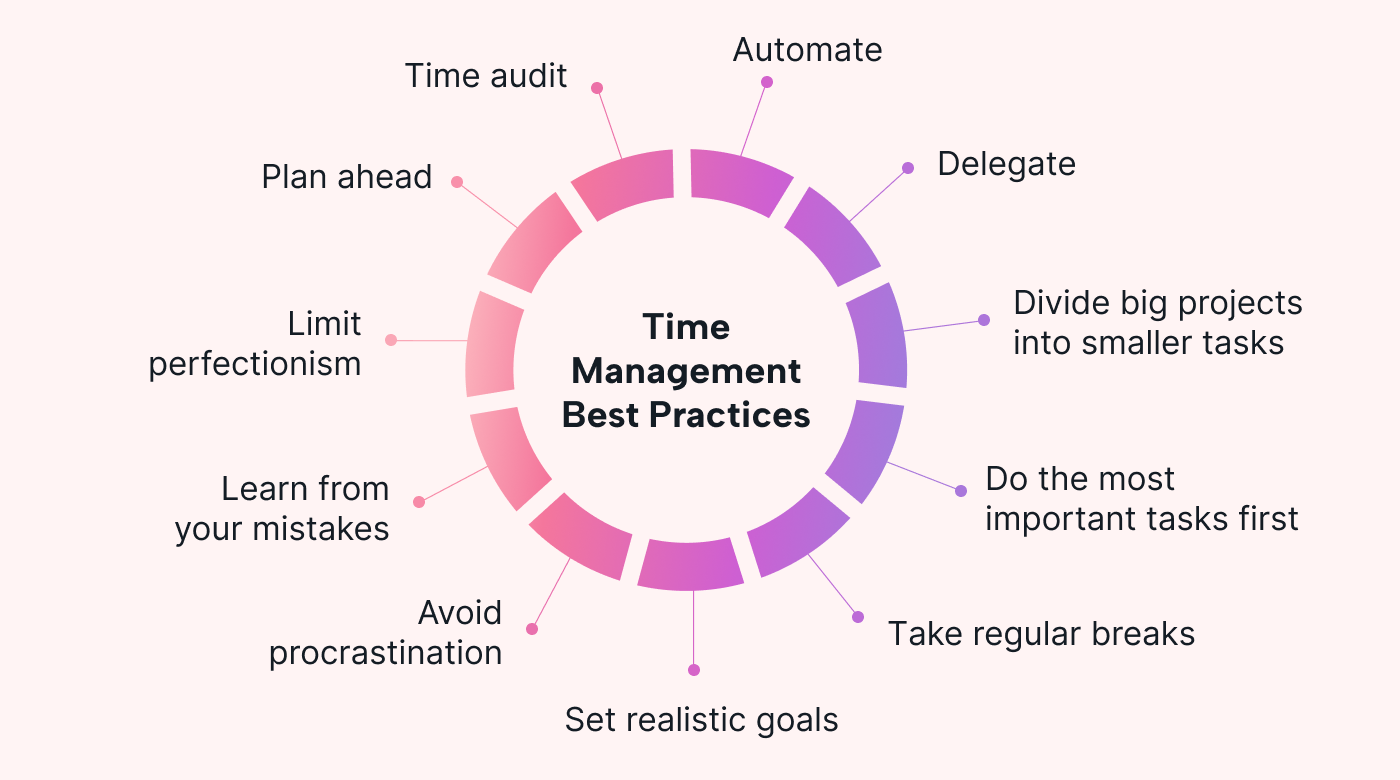In today’s fast-paced world, managing your time effectively is more important than ever. Whether you’re a student juggling schoolwork and extracurriculars, a busy professional with tight deadlines, or someone simply looking to make the most of each day, understanding and implementing strategies for managing your time better can make a world of difference. This article will break down practical and easy-to-follow tips that will help you get organized, stay focused, and ultimately, achieve your goals. You can also read this Remembering Toby Munsch A Tribute to a Remarkable Life
Understanding Time Management
Before diving into specific strategies, it’s important to understand what time management really means. At its core, time management involves planning and exercising conscious control over the amount of time spent on specific activities. Good time management enables an individual to complete more in a shorter period of time, lowers stress, and leads to career success.
Managing your time better doesn’t mean cramming more tasks into your day. Instead, it’s about making the most out of your available time. This might involve prioritizing tasks, setting realistic goals, and finding ways to stay motivated.
The Importance of Time Management
Effective time management is crucial because it helps you to:
- Reduce Stress: When you know what you need to do and when you’ll do it, you’re less likely to feel overwhelmed.
- Increase Productivity: With good time management, you can get more done in less time.
- Improve Work-Life Balance: By managing your time well, you can find more time for leisure and personal activities.
Strategies for Managing Your Time Better
1. Set Clear Goals
Start by setting clear, achievable goals. Goals give you something to work towards and help you prioritize your tasks. Break down large goals into smaller, manageable steps. For example, if you want to write a book, start with an outline, then draft chapters, and finally revise.
2. Create a Daily Schedule
One of the most effective strategies for managing your time better is to create a daily schedule. Write down what you need to do each day and allocate specific time slots for each task. This helps ensure that you stay on track and don’t waste time on activities that don’t contribute to your goals.
3. Use a Calendar or Planner
Whether you prefer a physical planner or a digital calendar, keeping track of deadlines, appointments, and tasks can help you stay organized. Set reminders for important dates and review your calendar regularly to make adjustments as needed.
4. Prioritize Tasks
Not all tasks are created equal. Some tasks are more important or time-sensitive than others. Use the Eisenhower Matrix to categorize tasks based on their urgency and importance. Focus on high-priority tasks first and avoid getting bogged down by less critical ones.
5. Avoid Multitasking
While multitasking might seem like a way to get more done, it often leads to decreased productivity and more mistakes. Focus on one task at a time, complete it, and then move on to the next. This approach helps you maintain a higher quality of work and get tasks done more efficiently.
6. Learn to Say No
Sometimes, taking on too many commitments can overwhelm you. Learning to say no is a crucial skill for managing your time better. If you already have a full schedule, don’t be afraid to turn down additional requests or responsibilities that don’t align with your goals.
7. Take Regular Breaks
Working for long periods without breaks can lead to burnout and decreased productivity. Incorporate short breaks into your work schedule to rest and recharge. Techniques like the Pomodoro Technique, which involves working for 25 minutes followed by a 5-minute break, can help you stay focused and refreshed.
8. Delegate Tasks
If you’re in a position where you can delegate tasks, do so. Delegating tasks allows you to focus on what you’re best at and can free up time for other important activities. Make sure to delegate tasks to people who have the skills and time to complete them effectively.
9. Eliminate Distractions
Distractions can significantly impact your ability to manage your time effectively. Identify common distractions and find ways to minimize or eliminate them. This might involve turning off notifications on your phone, finding a quiet workspace, or setting specific times to check your email.
10. Review and Reflect
At the end of each day or week, take some time to review what you’ve accomplished and reflect on what could be improved. This practice helps you identify areas where you might be wasting time and make adjustments for better time management in the future.
Conclusion
Implementing these strategies for managing your time better can lead to increased productivity, reduced stress, and a more balanced life. Remember, effective time management is not a one-size-fits-all approach. It requires some trial and error to find what works best for you. By setting clear goals, creating schedules, prioritizing tasks, and minimizing distractions, you’ll be well on your way to mastering the art of time management.



